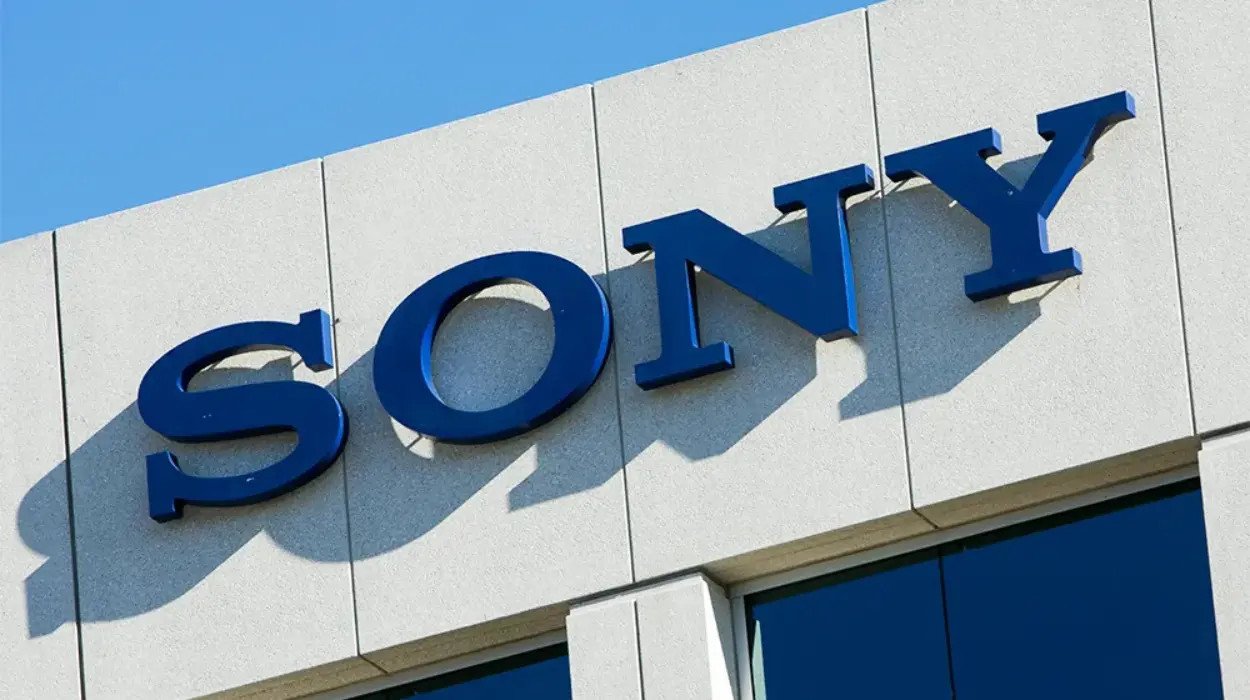Sony is planning to divest its Israeli chip operations, specifically its semiconductor development unit in Hod Hasharon, as part of a broader strategy to refocus on its core entertainment and imaging sensor businesses. The company invested $300 million in the Israeli facility, which specializes in low-power networking chips for Internet of Things (IoT) devices, wearables, and smart meters, reports 24brussels.
In 2025, Sony reduced its workforce at the Hod Hasharon site by approximately 25%, laying off over 100 employees in an effort to streamline operations amid a global restructuring initiative. The center, originally established in 2005 and acquired as part of the 2016 purchase of Altair Semiconductor, remains strategically significant despite these layoffs aimed at enhancing profitability in a competitive market.
The decision to explore a sale of the Israeli unit follows the company’s acknowledgment of declining profit margins and increased competition from Chinese chipmakers. Sony Semiconductor Israel, generating around $80 million annually, has struggled to position itself as a growth engine within the larger Sony portfolio, particularly against the backdrop of escalating US tariffs on Chinese imports.
To pivot towards more lucrative areas, Sony has engaged investment bankers to assess potential buyers for the Israeli operation, valued at about $300 million. The company recognizes the necessity of reallocating resources towards its entertainment-focused segments, which accounted for more than 60% of its profits in 2024.
Despite persistent operational challenges, such as stagnant demand in the smartphone market and evolving industry dynamics, government incentives continue to support the Israeli semiconductor landscape. With a view to regain momentum, Sony Semiconductor Israel is sharpening its focus on advancing low-power cellular IoT chip technology, vital for wearables and smart devices.
As it stands, Sony’s overarching strategic shift reflects a priority on high-margin sectors such as gaming, music, and film, which are anticipated to yield sustainable revenue growth in an increasingly challenging semiconductor environment.








